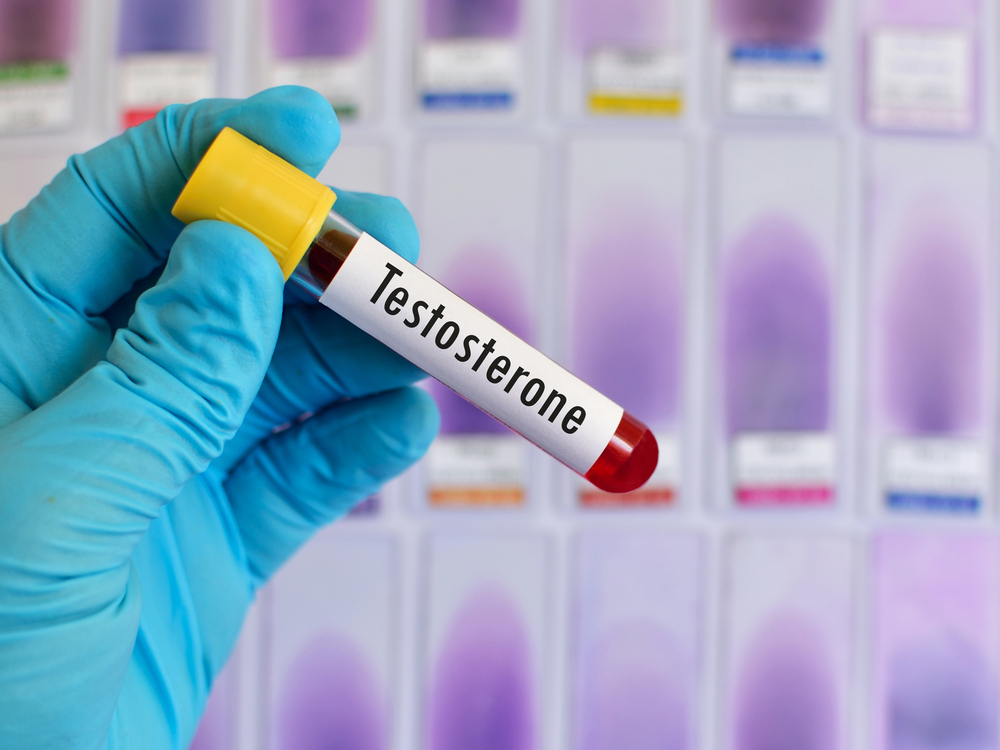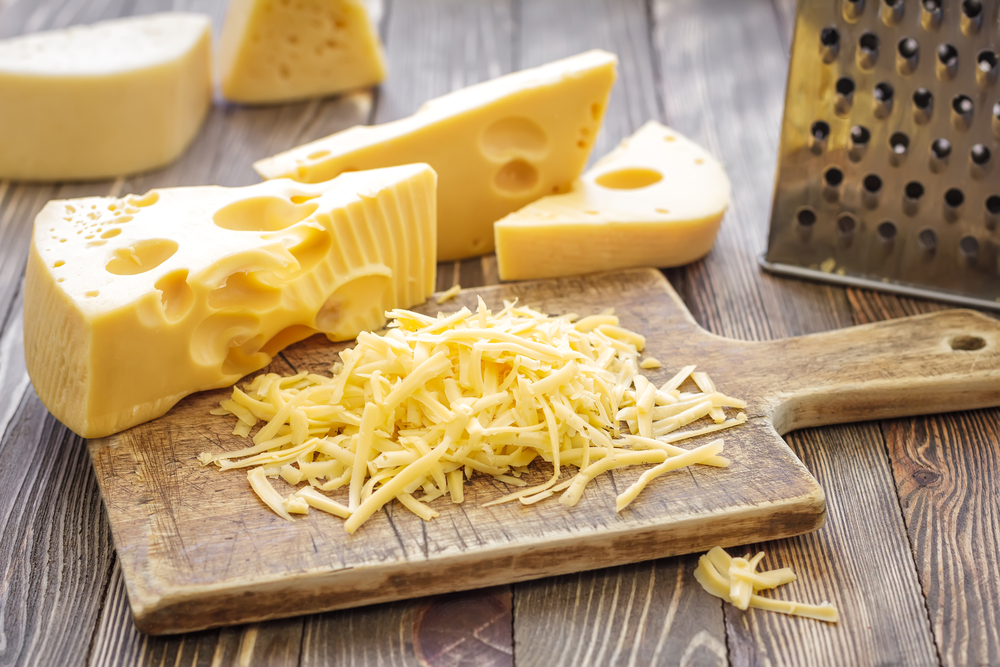First of all, what is testosterone? Testosterone is the hormone in humans, particularly in males, that is responsible for the formation of masculine characteristics such as the formation of the Adam’s Apple, growth of facial hair, broadening of shoulders, muscle building, and many others. Testosterone also is responsible for sexual desire, the formation of bones, and causes a general feeling of wellbeing. In women, small amounts of testosterone are produced in the ovaries and together with estrogen, aid in the maintaining of the sexual organs, libido, and bone density.
Low production of testosterone in a male or female is also referred to as an androgen deficiency. There are many causes and age is a major factor as the hormone levels typically start to decline after the age of 30 in men. However, studies have shown that low testosterone levels can also be caused by diet. Certain foods have a tendency to cause a reduction in the hormone’s levels.
One particular food is cheese which is a dairy product. Cheese has been known to have many benefits especially due to the fact that it contains high levels of calcium which is a necessary component in bone formation. As more and more people move away from dairy products there are those who wonder if cheese, considering its benefits should be one of the products they should remove from their diet. These concerns particularly surround the effect of cheese on the hormone testosterone and especially if a person is trying to build muscle.

According to a Rochester Young Men’s Study that was conducted at the University of Rochester which involved two separate groups one which was fed dairy products and one which was not. It was found that dairy products do indeed affect the formation and the speed at which sperm cells move. This, in turn, affects the number of healthy sperm cells produced and ultimately the fertility of the male. Cheese being a dairy product will have the same effect.
What makes cheese affect testosterone levels?
Generally, all over the world, there is a high demand for dairy products one of them being cheese. In fact, in some countries, cheese is a staple part of the diet. This, therefore, means that the supply has to be high as well. Being that cheese is made from milk the farmers who rear the cows, in an effort to increase the milk production and meet the demand, tend to pump the cows with artificial hormones to aid in this. Their hormone of choice is usually estrogen. The milk in itself usually has its own high levels of estrogen even without the artificial hormones as many times the cows that produce the milk are pregnant and have short periods of time between pregnancies hence have high estrogen hormone levels. The milk extracted is the same one used to make the cheese that so many people enjoy.
How does this affect testosterone?
Men do produce a level of estrogen in their system and the ideal amount produced in a man is between 15 to 60pcg/ml. The estrogen is essential in the formation of bones, sexual performance and the formation of sperm cells. However, amounts greater than the ideal levels can cause serious effects in the body of the male.
The artificial hormones that have been pumped into the cows and those already in the system get to a surplus and are found in the milk after production. When a person consumes cheese regularly the estradiol levels in the blood increase. One of the effects of increased amounts of estrogen in a male is to reduce the levels of testosterone and this, in turn, causes serious problems especially since as men age their levels of testosterone continue to drop.
Once the testosterone levels drop, the male starts to experience changes in the body that include depression as the estrogen levels surge, weight gain, generalized fatigue, enlarged breasts, low sex drive, erectile dysfunction and lack of development of muscle mass. There is also low sperm count as well as infertile sperm production. Men trying to conceive would be advised to avoid eating cheese based on this factor.
Male UltraCore Amazon Rating: 4.4 · 301 reviews
Since women do produce and require testosterone in their blood as one of the sex hormones, a reduction of testosterone does have an effect. Some of the effects of low testosterone in women are similar to those in men with a few differences. They include;
Low sex drive, fatigue, infertility, weak bone formation, dryness in the vagina, an irregular menstrual cycle, irregular sleep patterns, and weight gain.
Cheese and plastic packaging
Normally, cheese comes packaged in plastic. Some studies have been conducted on plastics that have shown the presence of harmful chemicals called phthalates. These phthalates are usually added to plastics in order to make them flexible. More often than not, cheese like many other processed foods will come wrapped in these plastics. These phthalates have been found to have an in effect of reducing the levels of testosterone in both males and females. However, young males between the ages of 6 to 12 seem to be more affected compared to older males of ages 20 to 40 according to a study.
Conclusion
With these factors in mind, it is apparently better for people who wish to increase their testosterone levels to avoid cheese altogether. This is particularly true for those couples who are trying to get pregnant.
Increase Your Testosterone Levels with Testosterone Boosters
Male UltraCore is a premium testosterone boosting supplement that is designed to maximize test levels, increase your performance and drive, and give you harder and fuller erections.


